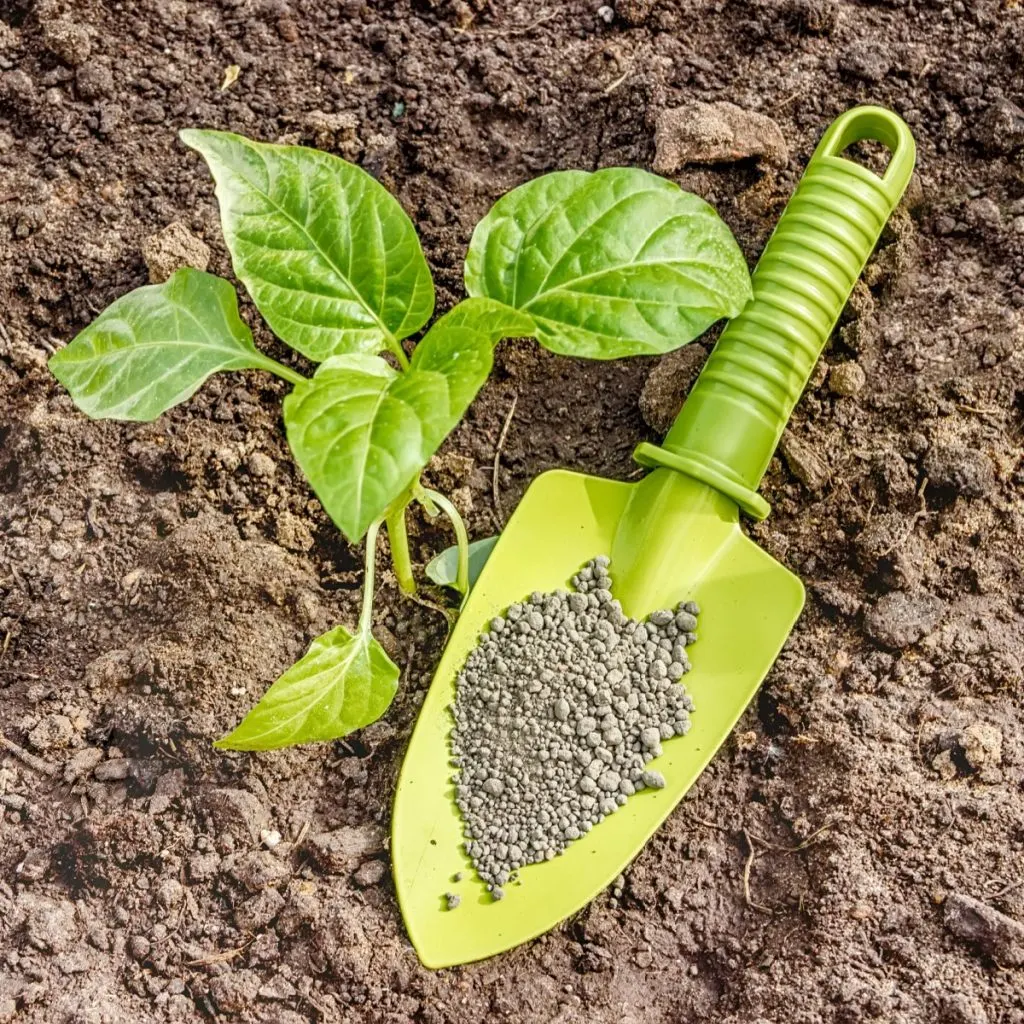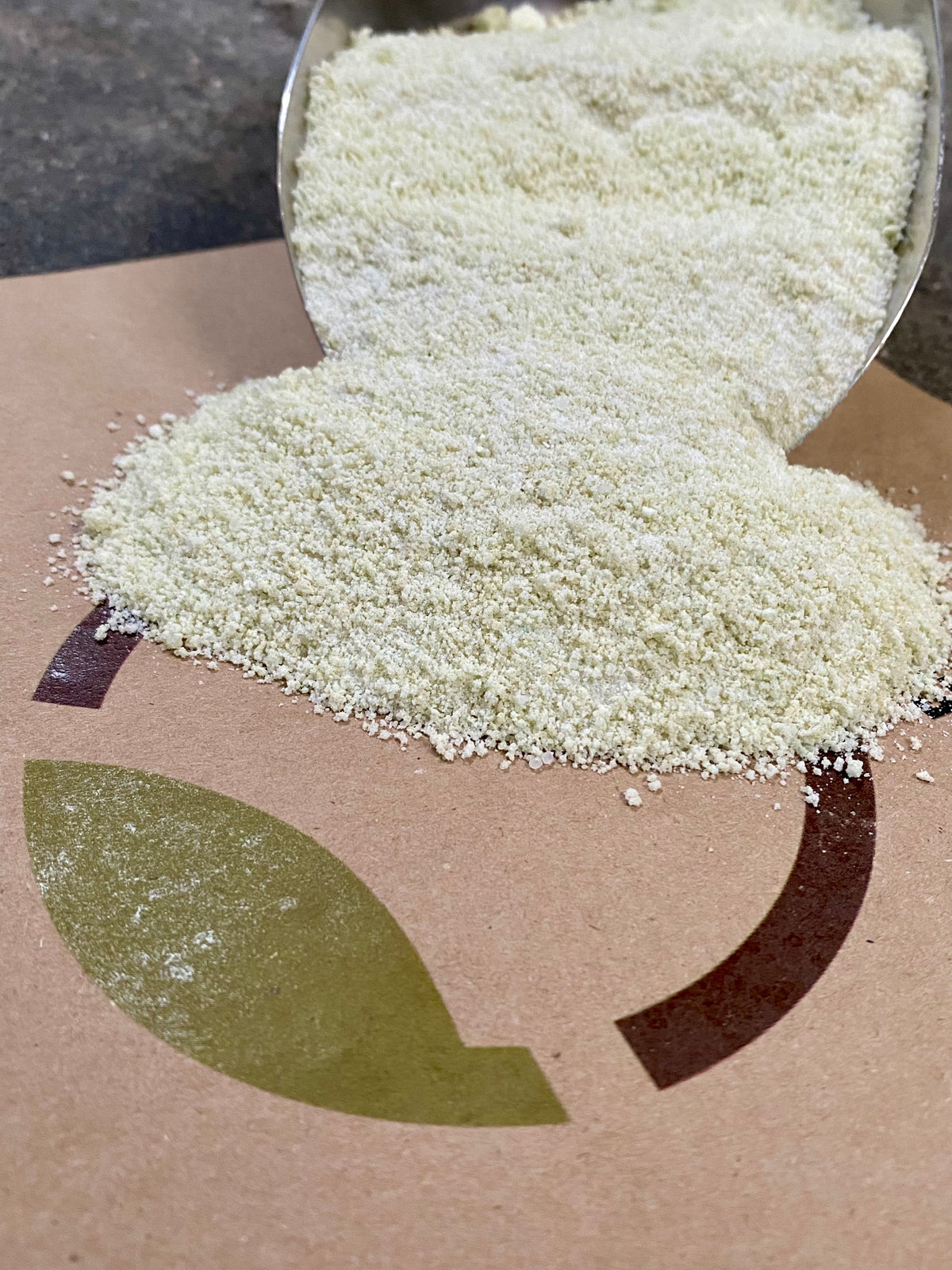Best Fertilizers for Peppers: Optimize Plant Health and Return
Best Fertilizers for Peppers: Optimize Plant Health and Return
Blog Article
Organic Vs. Synthetic Fertilizers: Which Is Best for Supporting Healthy And Balanced Pepper Plants?
In the world of supporting healthy pepper plants, the choice in between natural and artificial fertilizers stands as a pivotal decision with far-reaching effects. While both alternatives goal to supply vital nutrients to sustain plant growth, the nuances of their effect on the dirt, plant wellness, and the atmosphere spark an argument that echoes throughout the horticulture area. Comprehending the unique advantages and possible risks of each fertilizer kind is vital for pepper cultivators seeking to maximize their returns while preserving an eco-conscious and lasting technique.
Benefits of Organic Plant Foods
Organic fertilizers use an environmentally-friendly and lasting method to beneficial pepper plants, offering essential nutrients without making use of synthetic chemicals. These all-natural fertilizers are obtained from natural sources such as compost, manure, bone dish, and seaweed, advertising soil health and wellness and biodiversity. Unlike artificial fertilizers, natural options launch nutrients gradually, making sure a consistent and well balanced supply for pepper plants to thrive.
One considerable benefit of organic plant foods is their capacity to enhance dirt structure and water retention. By boosting dirt wellness, natural plant foods promote advantageous microbial task, which assists in nutrient uptake by pepper plants. In addition, natural fertilizers minimize the threat of chemical run-off, safeguarding water sources from air pollution and protecting the atmosphere.
In addition, organic fertilizers contribute to long-lasting dirt fertility by advertising the development of advantageous soil microorganisms. These microorganisms aid damage down organic matter, releasing nutrients in a type that is quickly obtainable to pepper plants. best fertilizers for peppers. By cultivating a healthy and balanced soil community, organic fertilizers support lasting pepper growing methods that profit both plants and the setting
Downsides of Artificial Plant Foods
Artificial plant foods, unlike their natural equivalents, posture numerous disadvantages when used to nourish pepper plants, impacting both plant health and ecological sustainability. One significant downside of artificial plant foods is their propensity to leach nutrients from the soil rapidly. This rapid leaching can lead to nutrient imbalances in the soil, creating plants to experience toxicities or deficiencies. Additionally, synthetic plant foods can damage helpful dirt organisms, such as earthworms and advantageous bacteria, disrupting the dirt ecological community's equilibrium.
Furthermore, the overuse of synthetic plant foods can add to water contamination. Excess fertilizers not soaked up by plants can remove into water bodies, leading to eutrophication, where algae blossoms diminish oxygen levels in the water, harming water life. Synthetic plant foods are generally derived from non-renewable resources, such as fossil fuels, contributing to carbon exhausts and environmental destruction during their manufacturing.
Nutrient Absorption Comparison
Efficient nutrient absorption plays an essential duty in the overall health and wellness and development of pepper plants. When comparing synthetic and natural fertilizers in terms of nutrient absorption, natural fertilizers have the advantage of giving a more well balanced and slow-release resource of nutrients (best fertilizers for peppers). Organic fertilizers include a range of macro and trace elements that are not just useful for the plants yet check this site out additionally advertise healthy soil microbial activity, which aids in nutrient uptake. On the various other hand, synthetic fertilizers usually give a fast release of nutrients, which can result in seeping and drainage, resulting in lower nutrient absorption rates by the plants.
Furthermore, organic fertilizers enhance soil structure and water retention capacity, allowing pepper plants to access nutrients much more effectively. This enhanced soil high quality assists in origin advancement, making it possible for far better nutrient absorption. Artificial plant foods, although originally improving plant development as a result of their high nutrient focus, might impede long-lasting nutrient absorption by degrading soil health in time.
Environmental Impact Considerations

On the various other hand, synthetic plant foods, although commonly more instantly readily available and concentrated to plants, can have detrimental impacts on the environment otherwise applied properly (best fertilizers for peppers). Their manufacturing requires high power inputs, resulting in greenhouse gas exhausts and contributing to climate modification. The runoff of excess dig this artificial fertilizers can pollute water resources, leading to eutrophication and harming water ecosystems.
Best Fertilizer Practices for Peppers
To accomplish this, it is crucial to adhere to ideal plant food techniques customized to the certain requirements of pepper plants. One vital practice is to perform a soil test prior to using any type of plant foods.
One more essential method is to fertilize pepper plants at the correct time. Generally, peppers take advantage of obtaining plant food at growing and afterwards again when they start to blossom. Over-fertilizing can cause nutrition discrepancies and hurt the plants, so it is vital to follow advised application prices.
Furthermore, choosing a well balanced plant food with an NPK ratio that suits pepper plants' needs is essential. Organic fertilizers, such as garden compost or manure, can be superb options as they release nutrients slowly and boost soil structure with time. Artificial plant foods can offer a fast nutrient boost when needed. Inevitably, integrating natural and artificial plant foods judiciously can aid nurture healthy and balanced pepper plants while lessening environmental influence.
Final Thought

Organic plant foods provide a lasting and environmentally-friendly technique to nourishing pepper plants, offering crucial nutrients without the use of artificial chemicals. Unlike artificial fertilizers, natural options release nutrients gradually, making certain a well balanced and stable supply for pepper plants to prosper.
Artificial fertilizers, in contrast to their organic equivalents, pose various drawbacks when made use of to nurture pepper plants, impacting both plant health and wellness and ecological sustainability. When contrasting natural and artificial fertilizers in terms of nutrient absorption, organic plant foods have the benefit of giving a more balanced and slow-release source of nutrients.Additionally, organic plant foods boost dirt framework and water retention capacity, allowing pepper plants to access nutrients much more efficiently.
Report this page